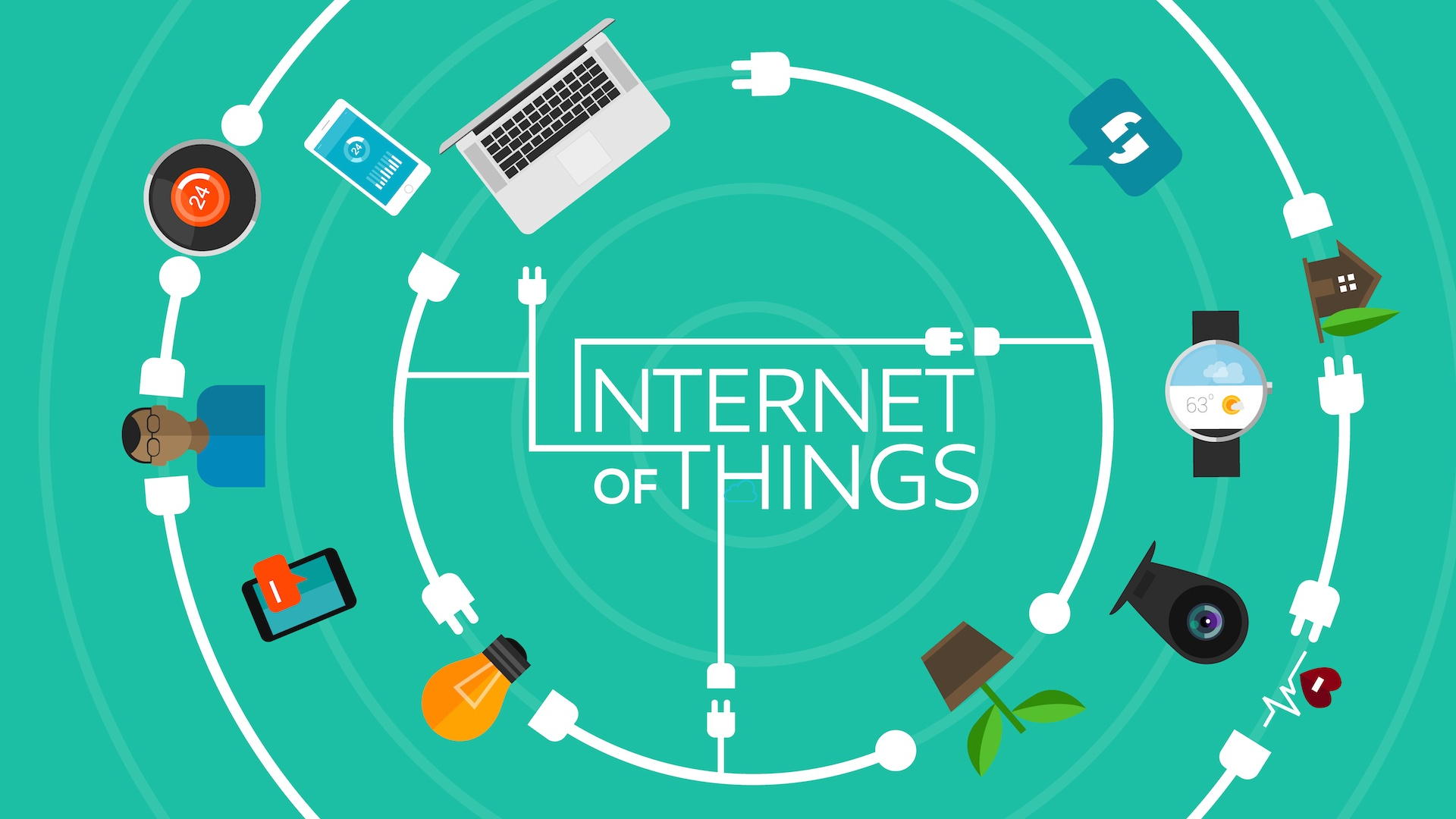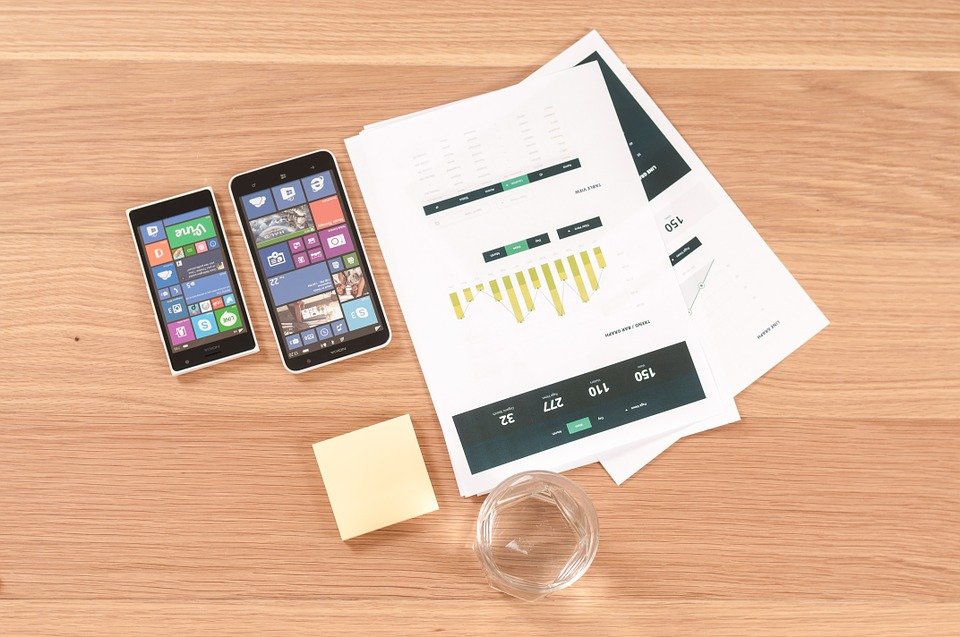IoT implementations that will alter the business world
The Internet of Things, or IoT, applies to the billions of physical devices globally that are now connected to the internet, all of which store...


Blockchain technology has evolved significantly since the first decentralized peer-to-peer electronic cash network, Bitcoin, was launched in 2008. Today innovators in various fields understand the advantages of the technologies behind Bitcoin. Most businesses are searching, from pharmacy to banking, for ways to integrate Blockchain into their infrastructures.
Blockchain technology, with its decentralized and trustless existence, will lead to new markets and support companies by greater transparency, increased security, and simpler traceability. To companies, though, Blockchain offers the promise of transactional openness that they will be able to create stable, real-time communication networks with collaborators around the globe to help everything from supply chains to payment networks to real estate deals to data sharing to healthcare.
The Blockchain is a simple and advanced way to transfer knowledge from A to B in a completely organized and safe manner. One party to a transaction initiates the cycle through the formation of a block. Thousands of computers, maybe millions, scattered around the net, check the block. A networked chain incorporates the checked element, which generates not only a shared record, but also a specific database with a unique history.
According to a study from ABI Research, driven mainly by financial technology acquisitions, Blockchain has seen a rapid increase in usage for application development and pilot testing in a number of industries and will produce more than $10.6 billion in revenue by 2023.
Blockchain is now an innovative alternative to classical currencies, central banks and exchange mechanisms, which not only change the process of trade but also change the world by using alternative solutions.
The most appropriate use for Blockchain is probably as a way of speeding up the transfer of funds from one entity to another. As noted, with banks excluded from the equation, and transaction authentication occurring 24 hours a day, seven days a week, the bulk of transactions conducted over a Blockchain can be resolved within seconds.
More than 1 billion individuals around the world face challenges of identification. Blockchain offers the ability to vote remotely, but it is clear enough that any authorities could see if something on the network was modified. This blends the simplicity of digital voting with the immutability of Blockchain to make the vote really count.
The good news is that for years now the medical sector has been moving away from paper for record keeping purposes. Nevertheless, Blockchain provides much greater security and ease. In addition to keeping patient records, it would be in charge of the patient, who has the right to access these digital records, who gains access to those documents.
Blockchain could be a way to monitor prescription medicines in a transparent manner. In an environment where medication refunds are taking place and generic drugs are a real thing, Blockchain gives drug makers the ability to track their products based on serial and/or batch numbers to make sure customers get the real deal as they pick up medicine from the pharmacy.
Growing companies expect the need to make revolutionary changes as time and technologies advance in all facets of their industries. As for health care, the pressing need for development escalates to higher levels. No matter what we say, we cannot overestimate the importance of the healthcare sector. Along with this, the healthcare sector is undoubtedly one of the slowest-growing sectors in the whole room.
Blockchain is a potential game-changer for industry, but the path to implementation is not clear and easy. Several technology and crypto currency companies are currently focused on having already launched Blockchain-based systems for both practitioners and patients to improve healthcare. Blockchain is becoming a valuable tool for health care by decentralizing patient health records, monitoring pharmaceutical products, and expanding payment options, revolutionizing the sector worldwide.
Keeping our important medical data safe and secure is currently the most popular healthcare Blockchain technology, which is not shocking at all. The capacity of Blockchain to create an incorruptible, immutable, and open database of all patient data renders it a platform ripe with protection applications. Furthermore, although Blockchain is open, it is also confidential, concealing every individual's identification through complicated and protected codes that can preserve medical data sensitivity.
In the pharmaceutical industry, to confirm or invalidate findings, clinical trials are designed to test the efficacy and effectiveness of a drug on a group of patients. They typically take several years, and the outcomes are important for the drug's success. A vast amount of data is generated during clinical trials – safety and quality reports, estimates, blood tests, polls, medical imaging – and broad groups of people are involved, making it difficult to track and control all.
Blockchain reduces the risk of data theft; it can publish trustworthy protocols and findings that promote research replication and cooperation in the scientific community.
Blockchain can also open up a new source with pseudonymous advice on wellbeing. Person identity would remain secure when Blockchain is combined with health data. Recommendations for patients can be rendered based on that data in real time.
Blockchain also offers a safe and quickly authenticated network for data sharing utilizing mobile apps from wearable such as fitness trackers and smartphones.
Falsification of medications is a big issue in the pharmaceutical industry. 10% to 30% of the drugs sold in developing countries are falsified; the falsified drugs market is worth $200 billion annually; the Internet sales of falsified drugs constitute $75 billion of the total market. If the ingredients and dosages are incorrect, the drug can trigger unexpected side effects, which may lead to death.
Safety is the main feature of Blockchain technology that is helpful in medication traceability. Each single transaction applied to a chain is permanent and time-stamped, making it easy to trace a commodity and making sure that the records cannot be updated. A Blockchain may be a proprietary or a public one.
Healthcare can be an area, which is complicated and confusing. The programs developed for our wellbeing are obsolete in terms of safety, quality and cost. Blockchain is becoming a valuable tool for health care by decentralizing patient health records, monitoring pharmaceutical products, and expanding payment options, revolutionizing the sector worldwide.
Blockchain offers a promise for healthcare, which is highly dependent on the adoption of the new technology within the healthcare community to build technical infrastructure. Although there are some questions and speculations about the convergence of Blockchain with current healthcare structures and their cultural acceptance, the technology is still common in the healthcare sector.
Blockchain usage cases are numerous in healthcare and have the ability to transform the whole business. The only challenge now is to get health care providers to implement the blockchain frameworks on a broader scale. Blockchain is expected to change the healthcare world for good, with so many possible usage cases and possibilities.

The Internet of Things, or IoT, applies to the billions of physical devices globally that are now connected to the internet, all of which store...

The Internet of things is trending in the market and many people are talking about it. On almost everything the Internet of things has a huge...

The rapidly changing business environment calls for all the companies to take necessary action to streamline and expedite their operations. This is...